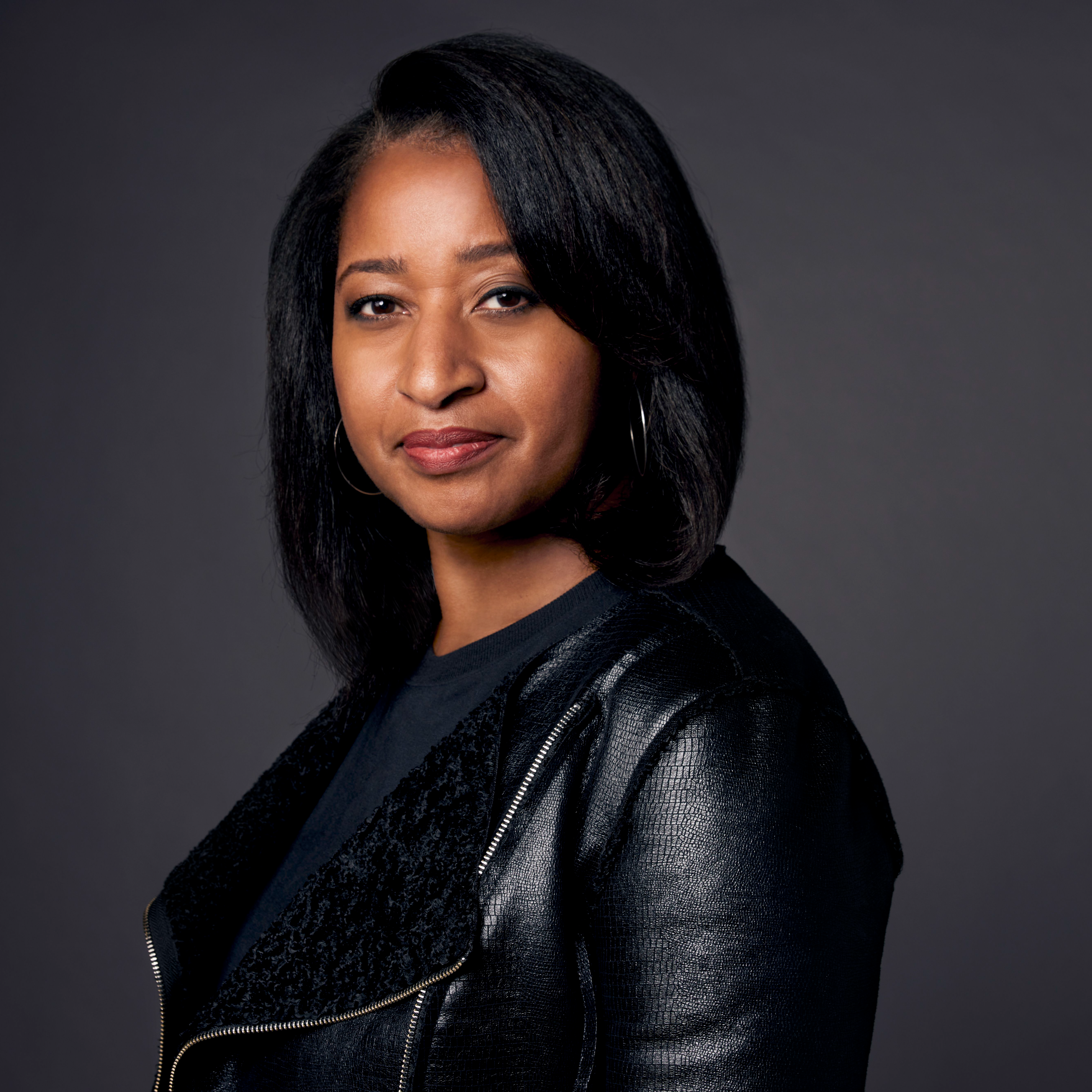OPINION: ‘Geriatric pregnancy?’ outdated words for fertility, motherhood get an upgrade

There are some interesting terms in the medical profession that are used to describe fertility and pregnancy.
An inhospitable womb describes conditions in the uterus that make it hard to stay pregnant.
This could lead to a woman becoming a habitual aborter, which is not what it sounds like, but is three or more consecutive pregnancy losses before 20 weeks.
Then there’s poor maternal effort, which is when a woman is so exhausted from trying to bring a human into the world, that she is too tired to push that human out of her body.
The fact that these terms are still being used to describe pregnancy, fertility and motherhood is troubling and not just to me. Thousands of women using Peanut, the social networking app that connects women on matters of fertility and motherhood, recently submitted terms that they wanted to see updated.
“The terminology still in use today is outdated and can be harmful to a woman’s mental health. Terms like ‘inhospitable womb,’ ‘geriatric pregnancy,’ or ‘spontaneous abortion’ lead to feelings of shame at a life stage when a woman should feel empowered and supported,” said celebrity therapist Dr. Viviana Coles, president and lead psychotherapist at Houston Relationship Therapy in an interview with The Atlanta Journal-Constitution. “Shifting the way we talk about fertility and motherhood will destigmatize having these conversations, and ensure conversations are taking place in a nurturing environment.”
At one of my early prenatal appointments when I sat in the obstetrician’s office discussing all the things that you discuss when you are pregnant, our lighthearted banter ended when the doctor told me she was sending me to a specialist.
Was something wrong with me? Who was this specialist I needed to see?
I was 39 years old and while my health checked out fine, the fact that I was over the age of 35 meant I had entered “geriatric pregnancy” territory and needed to also be under the care of a perinatologist, specialists who are well-versed in high-risk pregnancies. I was grateful to have a team of doctors working together to make sure I had the safe and successful birthing experience I desired, but I also felt kind of miffed. Geriatric? Really?
“The patient perceives it as an insult, but that is because our whole society perceives aging as bad,” said Dr. Lillian Schapiro of Ideal Gynecology.
Even if all variables are equal, a woman at age 35 enters a higher-risk group in her pregnancy, so there needs to be a way for physicians to communicate that with each other, with insurance companies and with anyone else managing that patient’s care, she said.
Schapiro, who has practiced for more than 20 years in metro Atlanta, said she would be willing to use other terms — if one could be found. “I think the medical community is struggling to be more sensitive like everybody else,” she said. “If society comes up with an acceptable word for a woman over 35, I don’t think any obstetrician would object to referring to women in that way.”
Words have psychological and emotional power, Coles said. When women and mothers try to share experiences about their bodies with each other — whether for education, commiseration, coping or encouragement — those efforts at empowerment are undermined by words that are sexist, degrading and stigmatizing.
Women are constantly exposed to these terms at doctor’s visits, in birthing classes and even in the prenatal aisles at the local drugstore. “The majority of people do not realize how hurtful these words can be, so the first step is bringing awareness to it and supporting that with replacement terms that were constructed through a nurturing and supportive lens by professionals,” Coles said.
The Motherhood and Fertility Glossary includes updates for terms surrounding fertility, loss, pregnancy, birth and motherhood. It is accessible online and is available in a printed version by request. Peanut is distributing hard copies to clinics, classes and other places where conversations about fertility and motherhood take place.
With the replacement terms found in the glossary, habitual aborter becomes recurrent miscarriage; poor maternal effort becomes pushing challenges; geriatric pregnancy, advanced maternal age and any other term referring to pregnant women over age 35 would simply be termed 35+ pregnancy.
Understanding why some of these terms should not be used in reference to women’s bodies is just the beginning. Changing the terms to words that are more supportive will take time, but since the biological clock (now known as family planning) is no longer ticking, we can begin to incorporate them into everyday life and create a better experience for a future generation of women.
Read more on the Real Life blog (www.ajc.com/opinion/real-life-blog/) and find Nedra on Facebook (www.facebook.com/AJCRealLifeColumn) and Twitter (@nrhoneajc) or email her at nedra.rhone@ajc.com


